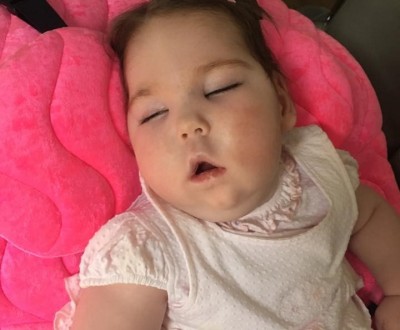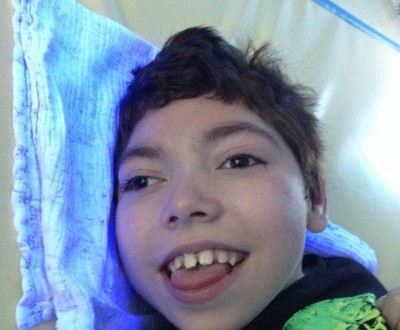Finding the right support, expertise and care can be a confusing and frustrating experience. At PSP, we understand this and will work with you to navigate the various options available to you.
Our approach means we keep the client at the centre of everything we do; we see the whole person, not just the disorder. We strive to achieve the best possible outcome for our clients, setting achievable collaborative goals that we regularly review with the client to ensure progress is being made whatever service or treatment we provide.
We pride ourselves on being one of the most advanced neurorehabilitation services in the country and as such we will fully understand any complex need. We provide specialist neurological rehabilitation for infants, children and adults. We guarantee approachable, friendly staff that are able to build special working relationships with our clients, customers and wider healthcare stakeholders.
We provide outstanding treatment for people with a range of healthcare needs such as:
- people with traumatic or acquired brain injuries
- those with cerebral palsy
- people diagnosed with multiple sclerosis
- individuals who have suffered from a stroke
- people who have sustained a spinal cord injury and/or peripheral nerve damage
- developmental disorders including ataxia and dyspraxia
- cancers and diseases of the brain and spinal cord
- peripheral nerve injuries
- neuromuscular disorders
- movement disorders including Parkinson’s Disease
We work in partnership with the NHS.
How We Work
We will conduct an initial assessment, and from that an evidenced based rehabilitation programme is formulated with clearly identifiable agreed goals. We will work with you and your family to provide exactly what you require. We will constantly review any goals that we set with you to make sure you reach your full potential. Treatment can be provided in your own home or in a clinic setting depending on need and safety.
To discuss your specific case get in touch with one of our friendly team today.
Please scroll down to learn more about our disease / disorder specific rehabilitation programmes.




